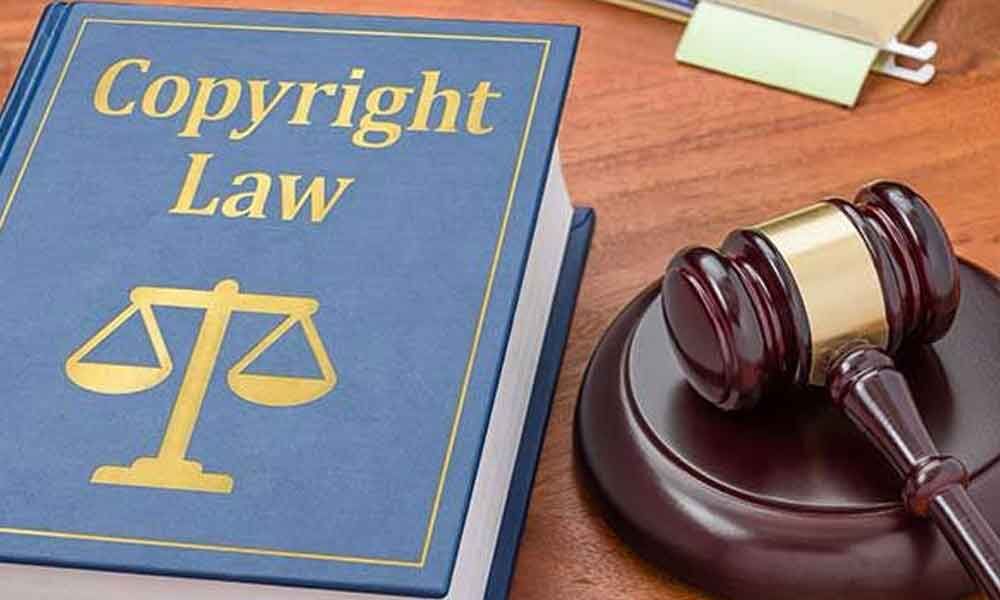The internet has revolutionized the way we communicate, share information, and even create content. One type of content that has become increasingly popular in recent years is the internet meme. Memes are images, videos, or text that spread rapidly across the internet, often with humorous or satirical captions. While memes may seem like harmless fun, they can sometimes raise complex legal issues, particularly when it comes to copyright law.
What is copyright law?
Copyright law is a legal framework that protects the rights of creators of original works, such as books, music, and films. Copyright owners have the exclusive right to reproduce, distribute, and display their works. This means that anyone who wants to use a copyrighted work must obtain permission from the copyright owner, or risk being sued for copyright infringement.
How do memes intersect with copyright law?
Internet memes often use copyrighted images or videos as their base, and then add a new caption or twist to create a new work. This raises the question of whether the use of those copyrighted works in memes constitutes copyright infringement.
One of the key factors in determining whether a use of a copyrighted work is fair use is whether it is transformative. In other words, does the new work add something new and original to the original work, or is it simply a copy with minor changes?
When it comes to memes, courts have generally found that the use of copyrighted works in memes is transformative. Memes often use the original work in a new and humorous way, creating a new work that is distinct from the original. As a result, memes are often considered fair use under copyright law.
What are the potential risks of using copyrighted works in memes?
While memes are often considered fair use under copyright law, there are still potential risks to using copyrighted works in memes.
First, if the copyright owner disagrees with the use of their work in a meme, they could still choose to sue for copyright infringement. While the fair use defense may be available, it can be expensive and time-consuming to defend against a copyright lawsuit.
Second, some social media platforms have policies that prohibit the use of copyrighted works in memes. For example, Instagram’s terms of service state that users must not “post any content that infringes or violates someone else’s rights or otherwise violates the law.”
Finally, even if a meme is considered fair use, it’s still important to give credit to the original creator of the work. This not only shows respect for the original creator, but it also helps to avoid confusion about who owns the rights to the work.
Internet memes have become a ubiquitous part of online culture, but they can sometimes raise complex legal issues, particularly when it comes to copyright law. While memes are often considered fair use, there are still potential risks to using copyrighted works in memes. As with any type of content, it’s important to understand the legal implications of using copyrighted works in memes, and to give credit to the original creator of the work.

